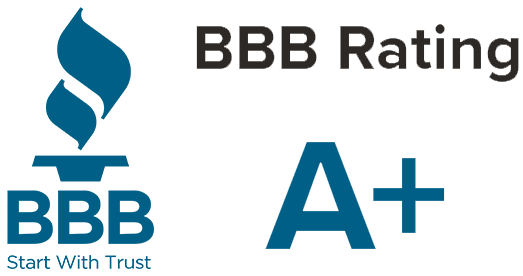Business Operations in a World of Inflation
Rose Report: Issue 51

By Ted Rose, CEO, Rose Financial Solutions
The pandemic has had a transformational impact on the way businesses operate during the last two years. From health concerns to hiring issues, business leaders have faced a slew of challenges. On top of it all, now the rate of inflation is increasing. In fact, according to the 2021 4Q American Institute of Certified Public Accountants (AICPA) Business and Industry Economic Outlook Survey , concerns with inflation and challenges with employment are top of mind with the C-suite. With 88% of the survey respondents concerned about inflation, it presently ranks first among AICPA’s list of the top 10 challenges organizations face, followed by the availability of skilled personnel. This concern was confirmed on February 10, 2022 when the U.S. announced that consumer prices were rising at 7.5% per year, the highest rate since 1982. Clearly, as business executives get back to “business as usual” after the health crisis, they must budget and price for inflation and find ways to recruit and retain talent. This is of particular concern because inflation has been relatively low for so long that few U.S. executives have managed organizations through periods of high inflation or deflation.
Generally, labor is the highest cost of doing business. In fact, according to Paycor, employee wages, benefits, payroll, and other relevant taxes can account for up to 70% of total business expenditures. However, the 2021 3Q Employment Cost Index reports that U.S. labor costs surged to a high not seen since 2001 as companies competed for employees during the worker shortage crisis brought on by the pandemic. With this in mind, it’s important to ensure you’ve budgeted adequate funds for rising labor costs. In the 70s and early 80s, when it exceeded 10%, some companies resorted to salary adjustments given multiple times per year rather than annually.
During times of inflation and worker shortages, it is critical to hold on to your employees. Make sure to monitor the marketplace to validate that compensation— including salary, equity, and benefit package, etc.— is aligned with the industry . While compensation is a factor in retaining talent, it is equally important to differentiate your company from the competition. Establishing a strong company culture that ties into your mission helps build employee loyalty. Furthermore, employee retention should be an essential element of your corporate marketing plan. In the same way you market to your customers, make sure to send your employees, and prospective employees, consistent messages about your company’s unique value proposition. Additionally, it is important to budget for the investment in digital technologies to keep your staff connected whether they are working in the office, remotely, or in a hybrid model.
Companies must be more efficient with labor due to inflationary pressures and staff shortages. That’s why the best approach to keep talent and reduce staff burnout is to embrace technology. Automating finance and accounting processes significantly reduce the demand on staff and help protect an organization from inflation by making it more agile. Through f inancial information and reports that are timely, accurate, and readily available, CEOs can quickly identify where operational issues exist and the size of the problem. In times of rising inflation, being behind on your financial data might result in unexpected or larger losses. CEOs must be able to recognize when they are veering off course and rapidly pivot to get back on track. In terms of contracts, the importance of forecasting expected revenues and expenses can’t be overstated. During periods of inflation, it’s critical to have a financial planning system that provides forecasting, and to reforecast quarterly for any unexpected changes in key cost drivers.
While businesses are confronted with unprecedented challenges, having business practices in place to manage these issues can aid them in weathering the storm. Remember to plan ahead. It takes time to establish new company operations and automated processes. They are, nonetheless, a worthwhile investment not only during times of inflation but also into the future.
Schedule an introductory virtual meeting to find out how RFS can help you on the path to long-term success.
This content is for information purposes only and should not be considered legal, accounting or tax advice, or a substitute for obtaining such advice specific to your business.
Share this article:
Visit Us On:




